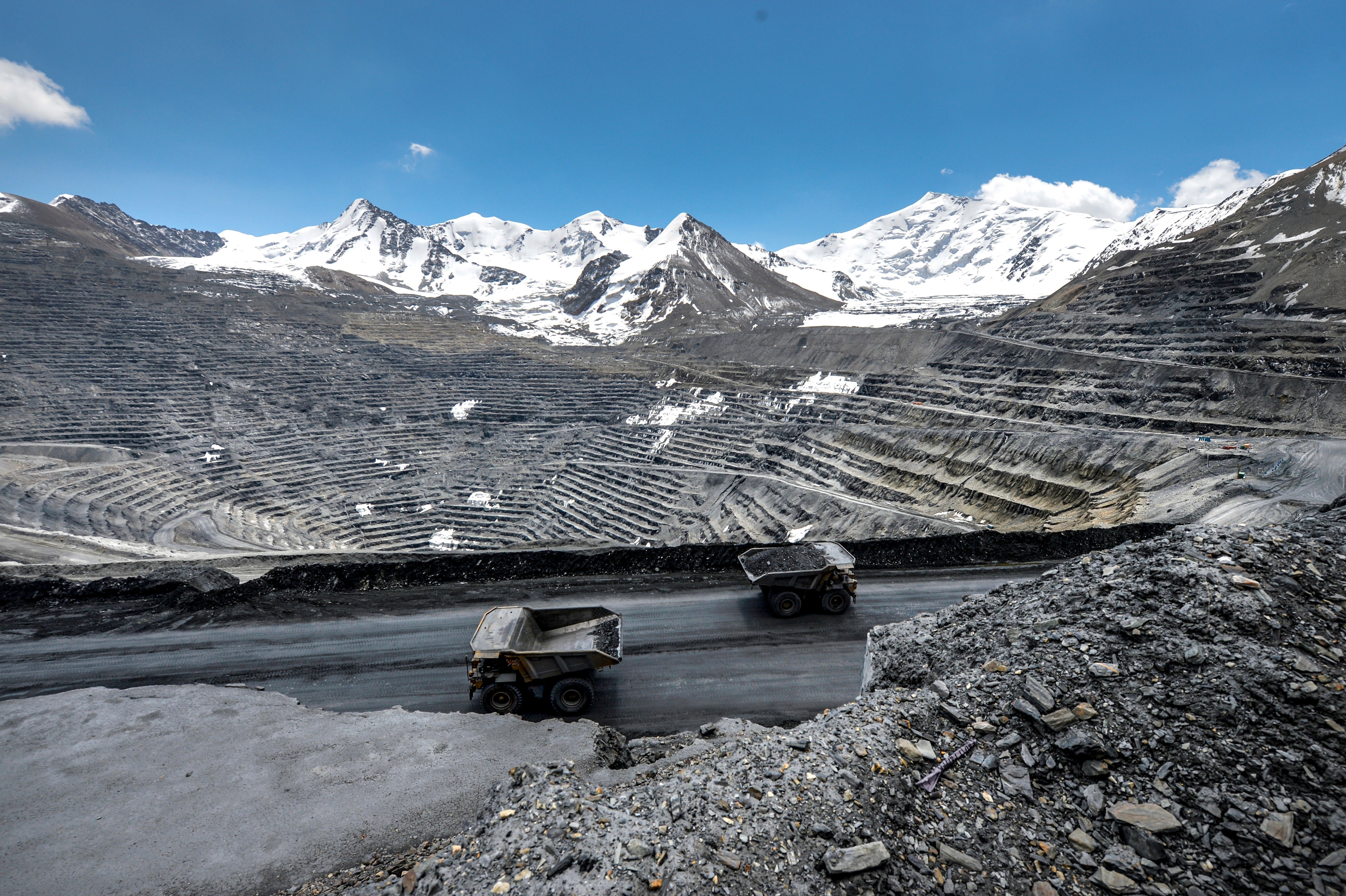Kyrgyzstan detains ex-prime minister in mine corruption case
Kyrgyzstan's security services have detained a former prime minister in connection with an investigation of corruption involving the huge gold mine that is the country's largest taxpayer

Your support helps us to tell the story
From reproductive rights to climate change to Big Tech, The Independent is on the ground when the story is developing. Whether it's investigating the financials of Elon Musk's pro-Trump PAC or producing our latest documentary, 'The A Word', which shines a light on the American women fighting for reproductive rights, we know how important it is to parse out the facts from the messaging.
At such a critical moment in US history, we need reporters on the ground. Your donation allows us to keep sending journalists to speak to both sides of the story.
The Independent is trusted by Americans across the entire political spectrum. And unlike many other quality news outlets, we choose not to lock Americans out of our reporting and analysis with paywalls. We believe quality journalism should be available to everyone, paid for by those who can afford it.
Your support makes all the difference.Kyrgyzstan’s security services have detained a former prime minister in connection with an investigation of corruption involving the huge gold mine that is the country’s largest taxpayer.
A statement from the State Committee for National Security didn't give details of the potential charges against Omurbek Babanov, who was prime minister in 2011-12.
Kyrgyz media reported that Asylbek Jeenbekov, a brother of the former president, also was detained Monday in the case.
The investigation centers on the Kumtor gold mine, which has long been a controversial operation in Kyrgyzstan because of alleged environmental violations and strong sentiment that the government should nationalize it.
In early May, the parliament passed a law allowing the state to take control of the mine for three months from its Canada-based operator Centerra and a court levied a $3 billion fine for environmental claims.
The mine accounts for more than 12% of the former Soviet Central Asian country’s economy, according to Centerra.